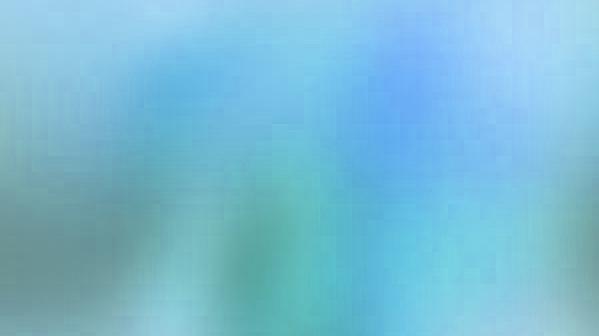
Get the latest articles delivered directly to your inbox!
Our Contributors
Class of 2022
Kyle Duke
Austin Foster
Charlotte Leblang
Ross Lordo
Class of 2021
Dory Askins
Connor Brunson
Keiko Cooley
Mason Jackson
Class of 2020
Megan Angermayer
Carrie Bailes
Leanne Brechtel
Hope Conrad
Alexis del Vecchio
Brantley Dick
Scott Farley
Irina Geiculescu
Alex Hartman
Zegilor Laney
Julia Moss
Josh Schammel
Raychel Simpson
Teodora Stoikov
Anna Tarasidis
Class of 2019
Michael Alexander
Caitlin Li
Ben Snyder
Class of 2018
Alyssa Adkins
Tee Griscom
Stephen Hudson
Eleasa Hulon
Hannah Kline
Andrew Lee
Noah Smith
Crystal Sosa
Jeremiah White
Jessica Williams
Class of 2017
Carly Atwood
Laura Cook
Ben DeMarco
Rachel Nelson
Megan Epperson
Rachel Heidt
Tori Seigler
Class of 2016
Shea Ray
Matt Eisenstat
Eric Fulmer
Geevan George
Maglin Halsey
Jennifer Reinovsky
Kyle Townsend
Join USCSOMG students on their journeys to becoming exceptional physician leaders.

Minding the Gaps
I don’t have a master’s of public health, or PhD in biochemistry. I haven’t worked in finance or owned my own business, or even gotten my pilot’s license; these are just a few of the many talents and skills of my fellow classmates. The quizzical smiles and curiously raised eyebrows appear for me, however, when people hear about my undergraduate major.
Bemused grins and barely wrinkled brows often accompany the inquisitive response, “English? Really?” I nod and mention my minor in chemistry, which usually garners a some what reassured “Oh, ok,” (in the “so he didn’t just accidentally wander into this anatomy lecture” kind of tone). Such an undergraduate education means that when Dr. Shanna Williams, our resident gross anatomy guru, prefaces a lecture with, “At the end of this week, it’s going to feel like I punched you in the face,” I’m probably going to leave with a bruise.
On the other hand, having a class on the writings of Martin Luther King rather than the intricacies of spinal cord anatomy, meant that I’ve been able to explore my love of reading and writing. Most importantly, I’ve come to recognize the importance of language and its profound impact on how we see and experience the world. Stanley Hauerwas, one of my favorite philosopher theologians, often says, “You can only act or refrain from acting in a world you can see, and you can only see what you know how to say.”
Medical school is a place of such formation, a crucible that forms our language and shapes our imagination. As we are inculcated with this new language, our vision of the world is changed. Not only does the breastbone suddenly become a multi-part structure composed of the manubrium, gladiolus and xiphoid process, but we come to understand things like health, illness, and death in very particular ways. As we learn the fundamental language of anatomy and physiology, our understandings of pain, disease, and treatment become filtered through the lenses of concepts like pathology, epidemiology and pharmacology. Language shapes our imagination, and medical school teaches us a new language.
It can expand our imagination, opening up whole new worlds of knowledge and exciting possibilities for burgeoning physicians eager to care, from which surgical procedure effectively corrects spondylolisthesis to what drug successfully neutralizes a helminth. It can also constrain our imagination, limiting medical care to identifications of pathologies, calculations of prognoses, and deliveries of technologies or treatments.
Looking forward, I cannot help but wonder, as the netters flashcards pile up and the nights get longer, will we know the difference? Will we have the skills to name the gaps in our imaginations, to see the strengths and weaknesses of ourselves as still forming physicians and act on them? My aforementioned predilection for reading led me to peruse many of my classmates’ previous blog posts in this same space. I discovered that we have many people skilled with the pen between our classes, students with the attention to dedicate themselves to patients rather than puzzles, the strength to reflect on death and the courage to name the doctor they don’t want to be.
Thus, I go forward encouraged, excited to be a part of this community and grateful for this space. I hope we can continue to reflect on our formation, the victories and the failures, the celebrations and the lament, even the lives saved and deaths witnessed, minding the gaps best we can along the way.
Transforming Medical School Blog
Copyright 2021 USC School of Medicine Greenville


